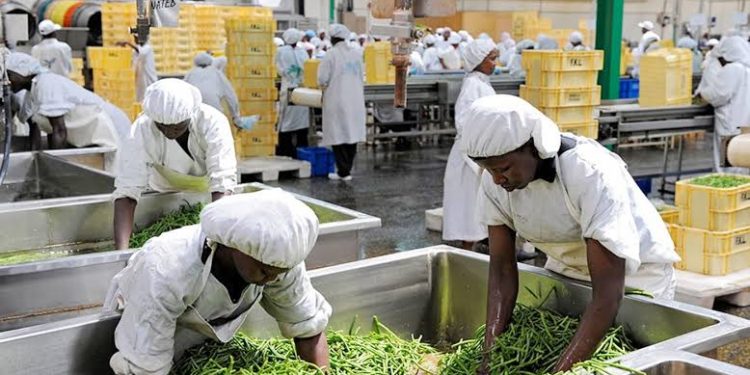Swedfund, Sweden’s development finance institution, has committed $15 million to Select Africa, a microfinance provider operating in Eswatini, Lesotho, and Malawi, to expand credit access for low-income public sector workers who are often excluded from traditional banking systems.
The three southern African countries continue to grapple with economic hardship, marked by limited employment opportunities, weak social services, and rising pressure from climate shocks. With international aid flows becoming increasingly uncertain, many households have struggled to sustain livelihoods or finance small ventures.
Swedfund’s investment is expected to bridge this gap by supporting payroll-based lending that enables civil servants to access loans for both personal welfare and income-generating activities. According to the fund, the goal is to build financial resilience and stimulate grassroots economic growth.
“With this loan, we increase the possibilities for low-income individuals to secure financing that supports their livelihoods and productive activities, such as starting a side business, expanding farming, covering education costs, or building a house. This contributes to human development for many families and, in turn, fosters potential for local economic growth and more jobs,” said Jane Niedra, Swedfund’s Investment Director for Financial Inclusion.
Select Africa’s clients include teachers, nurses, and local government workers—groups typically overlooked by commercial banks due to collateral constraints or perceived credit risk. By offering salary-deductible loans, the institution reduces default risks and helps borrowers build a formal credit history over time.
Founded in 1999 in Eswatini, Select Africa has since expanded across Lesotho, Malawi, Uganda, and Kenya, now operating 19 branches with a gross loan portfolio of approximately $108 million.
Through this partnership, Swedfund and Select Africa aim to expand financial inclusion, strengthen household incomes, and support small-scale entrepreneurship among underserved public workers across sub-Saharan Africa.










